Alfred Newman 1900-1970
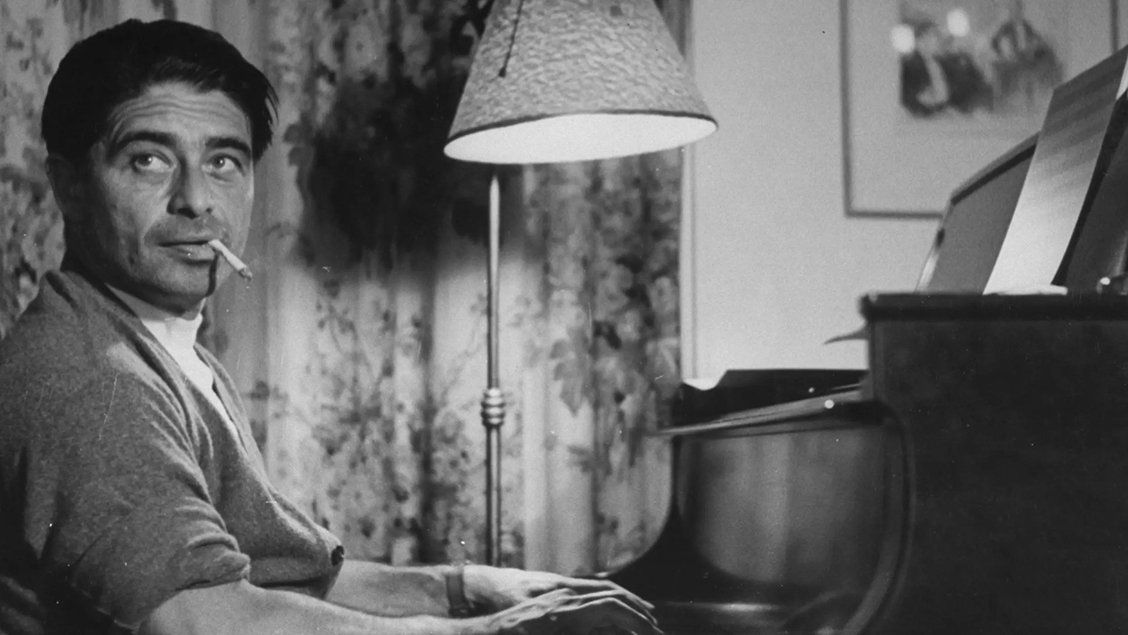
It has been said that Alfred Newman sprang full-grown from the head of Samuel Goldwyn, holding the score of STREET SCENE in his left hand and a baton in his right. The story is apocryphal, for Newman was a musician of considerable reputation before he came to Hollywood in 1930. He was born in New Haven, Connecticut, in 1901 and at the age of eight he was already a child prodigy, playing in public with the utmost confidence and pleasure the Beethoven sonatas that riper virtuosos have always deemed ungrateful and unappealing. His preparations for a musical career brought him to the studios of Goldmark, Stojowski, and Wedge, and he won a variety of medals for composition and piano-playing.
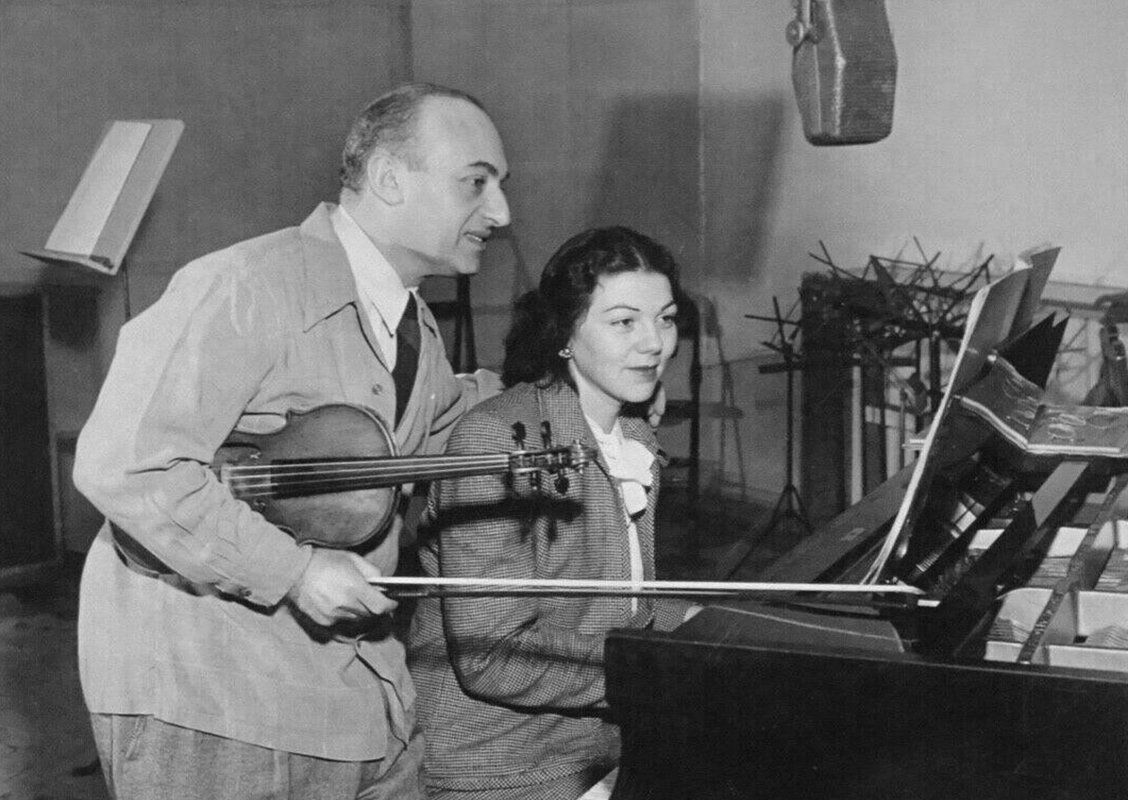
So much has been written about Hollywood's classic film composers from the Golden Age: Max Steiner, Alfred Newman, Bernard Herrmann, Erich Wolfgang Korngold, Victor Young, David Raksin, Franz Waxman and others. But what about the people in the orchestra, the studio musicians? Without them, the music written by these composers would fail to come alive. You can't travel just by staring at a map.
Behind the Screen
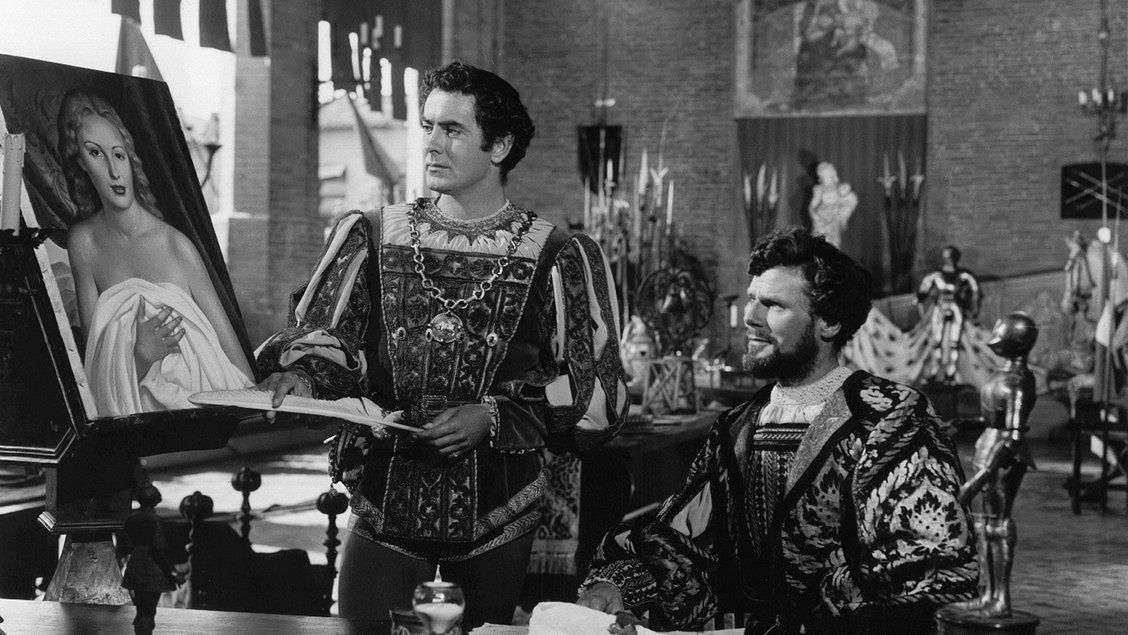
PRINCE OF FOXES is in every way the raw material for grand opera. Writers who know the traditions of the lyric theater would have no difficulty at all in converting it into a libretto. Except for a tragic ending, obligatory in grand opera, all the romantic elements are present. There is an Italian Renaissance setting, peopled mostly by a nobility that lives by intrigue and warfare. There are a heroine of irreproachable virtue, a hero whom Fate has lifted from humble origins to consort with the mighty, an evil and ambitious despot, a hired assassin, an aged husband with religious and democratic sentiments, a long-suffering mother, and a host of minor characters.
Reviews

This splendid new recording in true stereo of one of the classic collaborations of Hollywood composers derives itself from the original score composition to present the music as it was intended to appear in the film. The “original score recording” (reissued beautifully on CD by Varèse Sarabande) was a monophonic re-recording by Alfred Newman, in which specific changes were made in some of the selections. Arranger John Morgan has gone back to the primary source materials to present or recreate the cues as Newman and Herrmann had originally written them for the film.
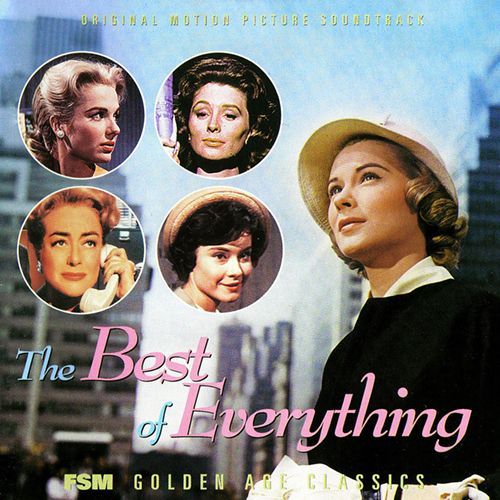
Thanks to Film Score Monthly’s series of Golden Age original soundtracks and the Marco Polo restorations of William Stromberg and John Morgan, the vast musical riches of 20th Century-Fox, one of the key institutions of the studio era, are finding their way to a new public. Two recent entries in the FSM series frame the studio’s Cinemascope era of the 1950s, and give a wonderful sampling of some of Fox’s lesser-known material as supervised by its resident musical genius, Alfred Newman. HOW TO MARRY A MILLIONAIRE (1953) was the second ‘Scope film, while THE BEST OF EVERYTHING (1959) brought the first wide-screen decade to a glossy peak. Both deal with overlapping stories of three career girls in glamorous New York City, but MILLIONAIRE does so with a light, frothy touch, while EVERYTHING revels in the sudsy, often lurid histrionics of a ‘50s best seller. Aside from the EVERYTHING title song, none of this material was previously released commercially.
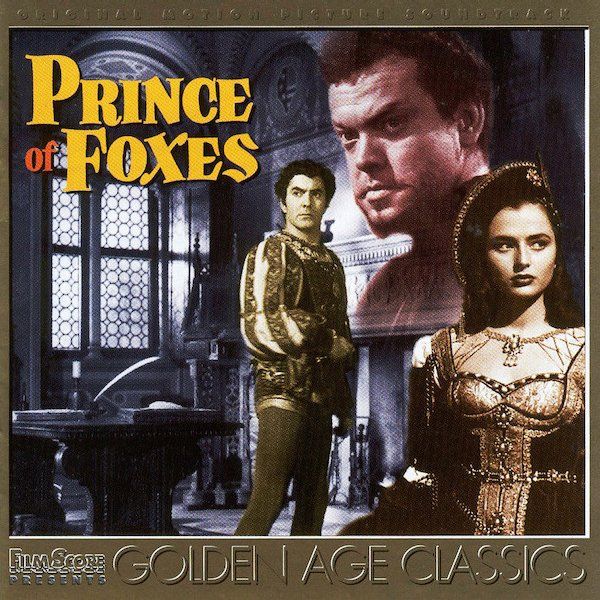
Another dark subject but a wonderful score, one that should have been committed to disc long before now and so Film Score Monthly must be congratulated on this coup. Prince of Foxes is set in the Italy of the Borgias. It concerns the dark machinations of the power hungry Cesare Borgia (Orson Welles) who despatches one of his officers (Tyrone Power) to assassinate a rival lord; but the officer succumbs to the charms of a pretty royal, (the ineffectual Wanda Hendrix), and to love and honour. The film was a box office failure due mainly to the Zanuck's insistence on the film being shot in black and white when the glorious Italian locales cried out for colour. Zanuck was surely wrong for creative colour photography could have maintained, even enhanced, his desired atmosphere of brooding evil and malice?
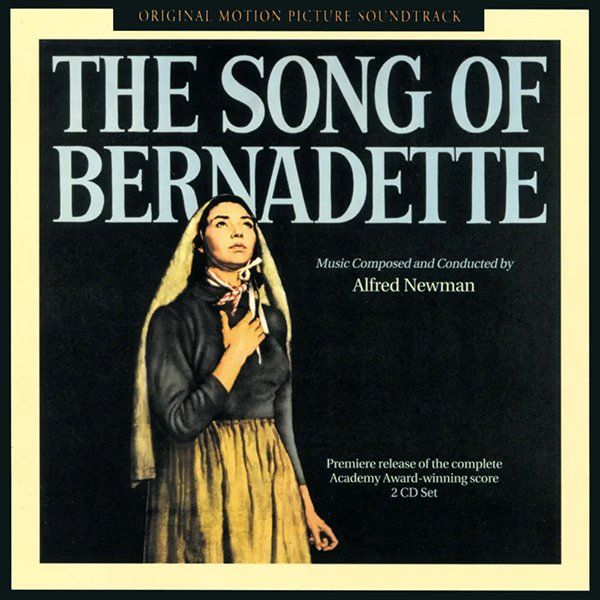
Released by 20th Century Fox in 1943, The Song of Bernadette was nominated for 11 Oscars. The film won four: for Jennifer Jones's glowing portrayal of Bernadette Soubirous, the 14 year-old peasant girl who saw a vision of the Virgin Mary in a grotto which would become the religious shrine at Lourdes in southern France; for cinematography; interior decoration and for Alfred Newman's score.



